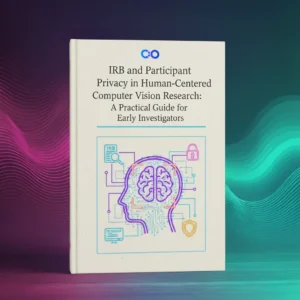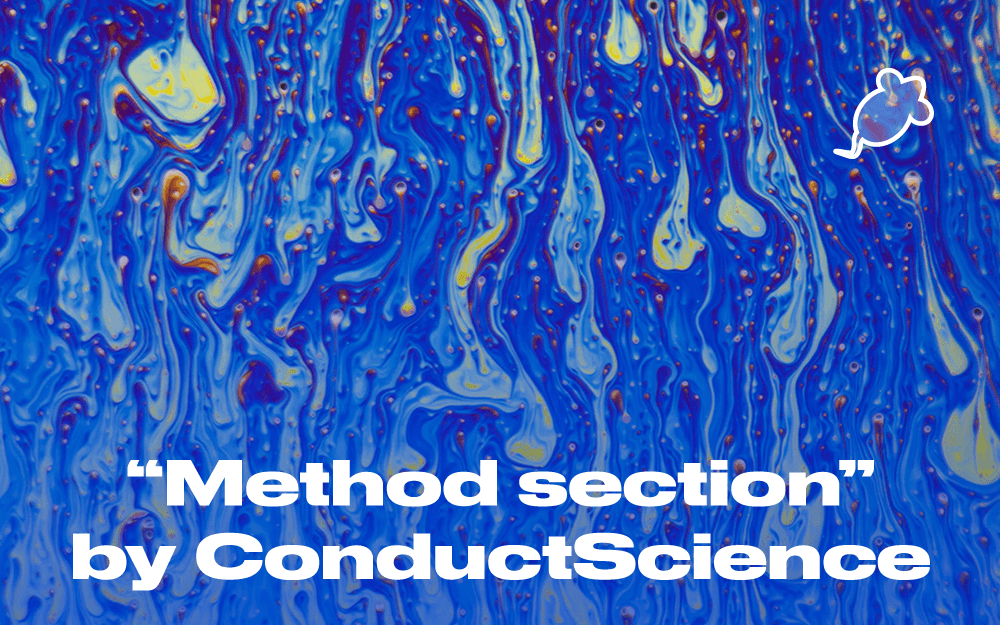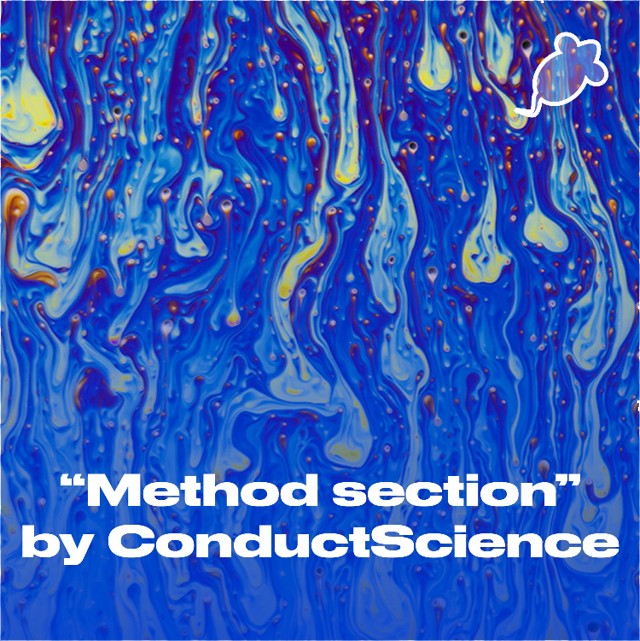

00:00 – Intro
03:24 – Why do we sleep?
05:41 – What happens when we sleep?
10:14 – Sleep and the brain
14:14 – Sleep and the body
17:51 – Sleep deprivation
21:52 – How to get better sleep
23:52 – Ending and Outro
You can listen to The Method Section by using the player above, searching for “The Conduct Science Podcast” on any place you listen to your podcasts, using any of the links below or you can download it HERE!
Links from the show:

This week on The Method Section, Tom takes a look at sleep. Everyone sleeps, everyone needs to sleep… but why? Find out here as we explore what happens when we sleep through the different stages of the sleep cycle, why we actually need to sleep and also the result on the brain and body if we don’t get enough sleep. Sleep deprivation is the unseen plague in our society and the effect it could be having on millions, if not billions of people around the world is truly scary. Music by: Joakim Karud – https://soundcloud.com/joakimkarud.
Feel free to share your thoughts on our Twitter here: @Conduct_Science
Use #ConductScience on twitter to:
Learn about our products:
